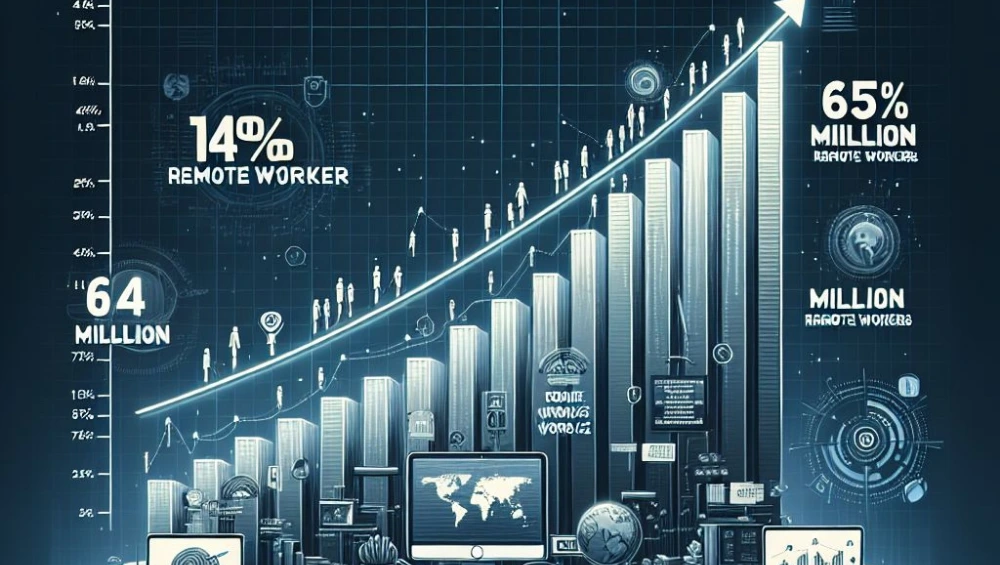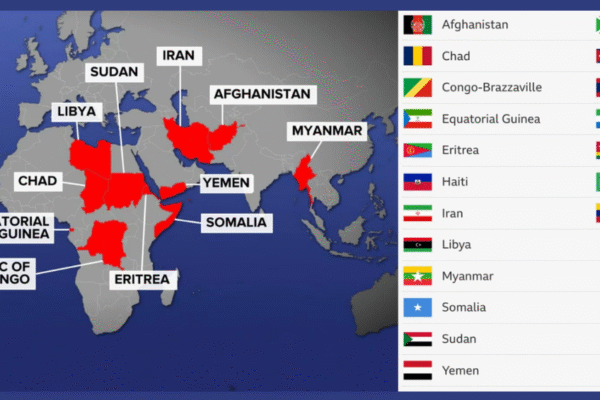The future of work is rapidly changing, and one of the biggest forces driving this change is technology shaping the economy. As new innovations emerge, technology is transforming how people work, what jobs are available, and how economies grow. Understanding technology shaping the economy is crucial for workers, employers, and policymakers alike, as it influences everything from job creation to productivity and workplace culture.
In this article, we will explore how technology shaping the economy is influencing the future of work, what challenges and opportunities lie ahead, and what this means for everyday workers and businesses.
What Is Technology Shaping the Economy?
Technology shaping the economy refers to the impact of new tools, machines, software, and digital platforms on economic activities. This includes automation, artificial intelligence (AI), robotics, cloud computing, and data analytics. These technologies are changing the way products and services are made, sold, and delivered.
Technology shaping the economy is not just about machines replacing human jobs; it’s about creating new types of jobs, improving productivity, and enabling businesses to operate more efficiently. It also affects how workers communicate, collaborate, and develop new skills.
How Technology Shaping the Economy is Changing Jobs
One of the most visible effects of technology shaping the economy is the changing job landscape. Automation and AI are automating repetitive tasks in industries like manufacturing, retail, and customer service. This shift means that some jobs are disappearing, but new ones are also being created in tech-driven fields.
Jobs in software development, cybersecurity, data analysis, and digital marketing are growing rapidly because of technology shaping the economy. These roles often require different skills from traditional jobs, emphasizing creativity, problem-solving, and technical knowledge.
Remote Work and Flexibility
Technology has made remote work more common than ever before. Tools like video conferencing, cloud storage, and project management software allow people to work from anywhere. The COVID-19 pandemic accelerated this trend, but technology shaping the economy means that remote and hybrid work models are likely here to stay.
Remote work offers benefits such as flexibility, reduced commute times, and access to a wider talent pool. However, it also requires workers and employers to adapt to new ways of communicating and managing teams.
Impact on Small Businesses and Entrepreneurs
Technology shaping the economy is also empowering small businesses and entrepreneurs. Digital platforms enable them to reach customers globally, manage operations efficiently, and compete with larger companies. E-commerce, social media marketing, and cloud-based accounting are examples of technology shaping the economy in ways that support business growth.
This democratization of business opportunities is helping more people start their own companies and contribute to economic development.
Challenges of Technology Shaping the Economy
While technology shaping the economy offers many benefits, it also presents challenges. One major concern is the potential for job displacement, especially for workers with skills suited to tasks that can be automated. This shift creates a need for reskilling and upskilling programs to help workers transition to new roles.
Another challenge is ensuring equal access to technology. The digital divide means that not everyone benefits equally from technology shaping the economy, which can worsen economic inequalities.
The Importance of Education and Training
Education plays a vital role in adapting to technology, shaping the economy. Schools, colleges, and training programs must evolve to prepare students for the future job market. Emphasizing STEM (science, technology, engineering, and math) education, critical thinking, and lifelong learning will help workers stay relevant.
Employers also have a responsibility to invest in employee training and development to keep pace with technology shaping the economy.
How Technology Shaping the Economy Boosts Productivity
Technology shaping the economy is driving productivity gains across industries. Automation and AI allow companies to produce more with less effort, reducing costs and improving quality. This boost in productivity can lead to higher wages, lower prices, and stronger economic growth.
For example, manufacturing plants use robots to speed up production lines, while service industries use AI to enhance customer experiences. These improvements benefit both businesses and consumers.
The Future Outlook: Collaboration Between Humans and Machines
Looking ahead, the future of work will likely involve collaboration between humans and machines. Technology shaping the economy means that rather than replacing people, machines will assist workers by handling repetitive or dangerous tasks. This partnership can lead to more fulfilling and creative work.
The key will be balancing technological advances with human skills, ensuring that workers are supported through training and fair labor policies.
Final Thoughts
Technology shaping the economy is a powerful force transforming the future of work. It is changing what jobs look like, how businesses operate, and how economies grow. While there are challenges, such as job displacement and inequality, there are also great opportunities for innovation, productivity, and new career paths.
For workers, staying informed and adaptable is essential as the economy continues to evolve. Employers and policymakers must work together to provide education, training, and support to help everyone benefit from this transformation.
In the end, technology shaping the economy is not just about machines and software; it’s about creating a better, more efficient, and more inclusive workplace for the future. Embracing this change thoughtfully will ensure that technology shapes the economy in ways that improve lives for all.








